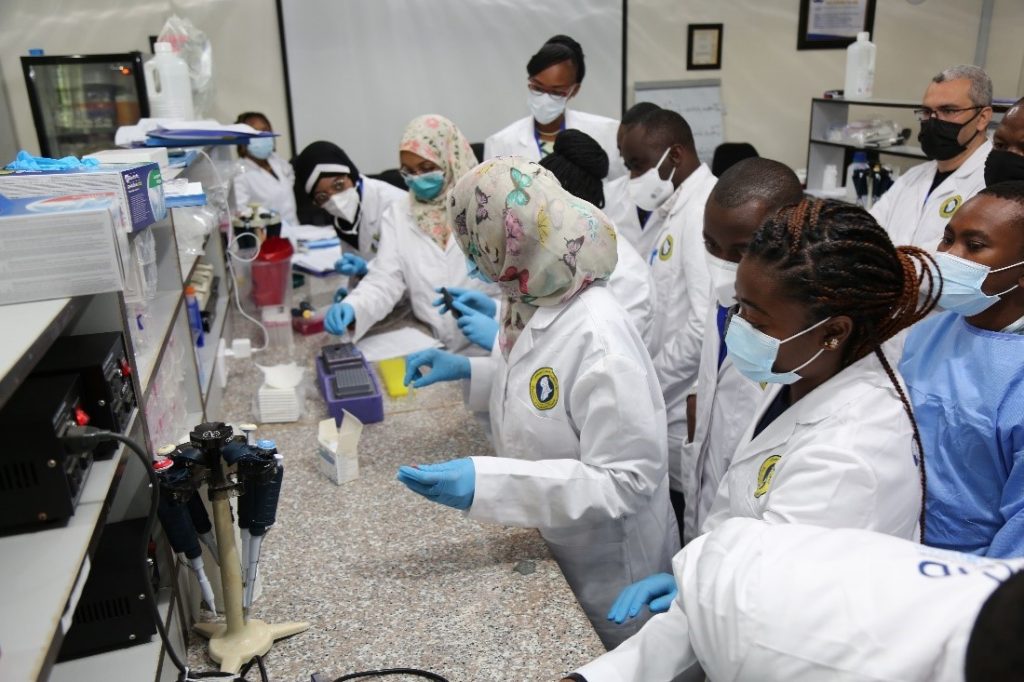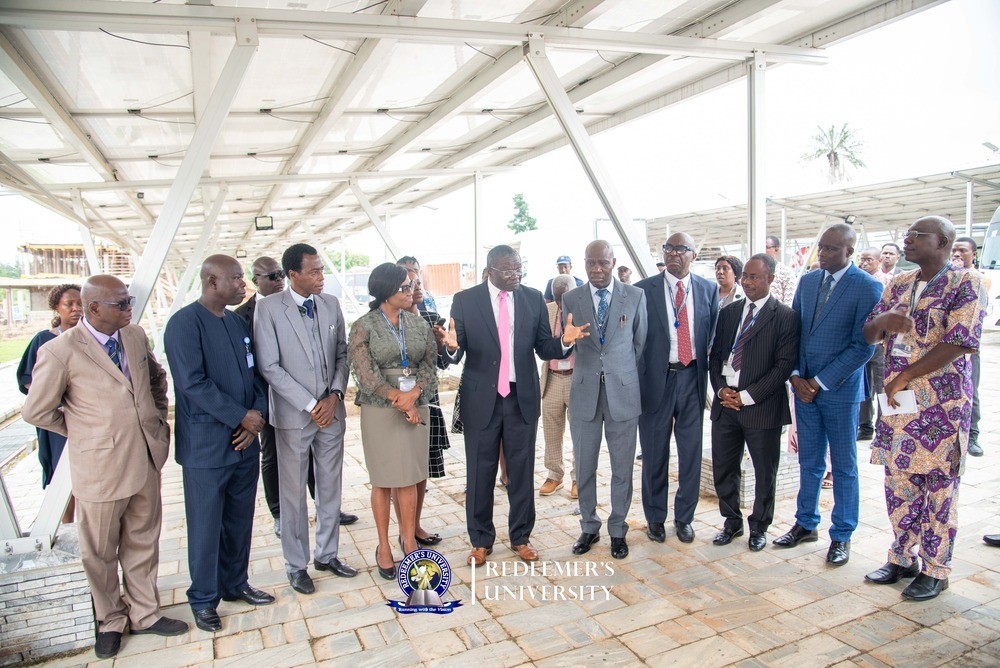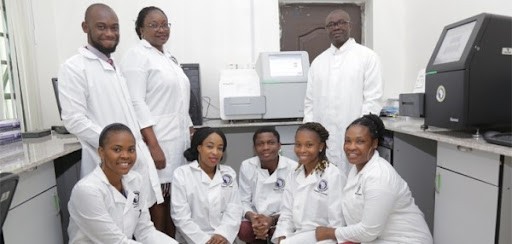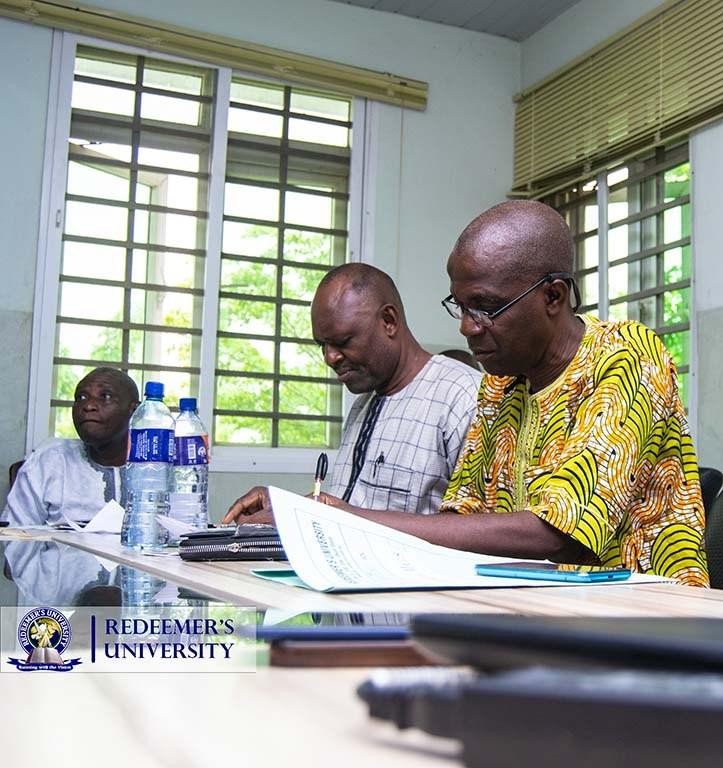Tracking Impact. Inspiring Innovation. Driving Sustainable Solutions.
At Redeemer’s University, research is more than academic pursuit—it’s a catalyst for societal transformation. Across disciplines and faculties, we conduct and support diverse forms of research, including:
- Interdisciplinary research, where scholars from distinct fields collaborate on complex problems.
- Sustainability research, focused on addressing the United Nations Sustainable Development Goals (SDGs).
- Policy-driven research, designed to inform and shape governance at local, national, and global levels.
- Applied and translational research, bridging lab discoveries with real-world solutions.
- Collaborative research, across universities, borders, and sectors—from public health to clean energy and digital innovation.
To ensure our research remains impactful, accountable, and globally competitive, Redeemer’s University has established robust systems to measure research success. These include:
- Year-on-year tracking of output and outcomes
- International and national collaboration metrics
- SDG-aligned research contributions
- Research capacity-building achievements
- Peer-reviewed publications and citation impact
- Grants secured and research-to-policy translation
Whether it’s genomic sequencing during a pandemic, advancing water purification through green chemistry, or pioneering sustainable urban planning in Africa’s first Faculty of Built Environment—our research is built to serve, solve, and scale.
Explore below how we evaluate and celebrate excellence in interdisciplinary, sustainable, and impact-focused research.
Interdisciplinary Research
Connecting Minds, Creating Solutions
At Redeemer’s University, interdisciplinary research is a cornerstone of innovation. We bring together experts from diverse disciplines to tackle today’s most complex challenges—health, climate, governance, and technology.
Examples:
- Through the Institute of Global Health (IGH) formally known as African Centre of Excellence for Genomics of Infectious Diseases (ACEGID), molecular biologists, data scientists, public health experts, and clinicians worked together to sequence Africa’s first SARS-CoV-2 genome in just 48 hours—an effort that shaped regional pandemic responses.
- Joint research across environmental science, engineering, and policy led by the African Center of Excellence for Water and Environmental Science Research (ACEWATER), targeting water pollution using green chemistry, geospatial mapping, and regulatory frameworks.
- In Built Environment, faculty collaborate on smart city design using urban planning, civil engineering, and sustainability metrics.

Sustainability Research
SDG-Focused, Impact-Driven
Redeemer’s University aligns its research with the UN Sustainable Development Goals, using sustainability as both a principle and a performance metric.
Leading Centres:
- IGH – Leading SDG 3 (Good Health & Well-Being), generating over 5,000 genomic sequences, training 120+ scientists from 40 African countries, and supporting health agencies continent-wide.
- ACEWATER – Driving SDG 6 (Clean Water & Sanitation) with innovative wastewater treatment research using phytoremediation and adsorption, and supporting policy reform.
- SDG 13: Low-carbon energy audits and emissions tracking across campus.
- SDG 12: Waste minimization policies and research into circular resource use.
- SDG 11: Sustainable city planning in the Faculty of Built Environment.
Explore more Redeemers University SDG Projects at: https://sdg.run.edu.ng

Policy-Driven Research
Research That Informs Governance
Through strategic engagement with government bodies, Redeemer’s University transforms academic insight into actionable policy.
Key Contributions:
- ACEGID’s collaborations with Nigeria CDC, Africa CDC, and WHO during the COVID-19 pandemic helped guide real-time health policies.
- Researchers from the Centre for Gender, Humanitarian and Development Studies (CGHDS) conducted outreach on migration and displacement, working with the Federal Ministry of Labour to train students and policymakers.
Ongoing Policy Projects:
- Wastewater monitoring for water safety regulations
- Participation in national climate planning
- Gender policy recommendations based on university-led field research

Applied & Translational Research
From Lab Bench to Real-World Benefit
Our research goes beyond publication—it solves problems and supports communities.
Examples:
- Through ACEWATER, researchers developed green treatment solutions for metal-contaminated water in Osun State—directly supporting local water management.
- Engineering students and faculty build renewable energy systems for rural electrification, supporting SDG 7 (Affordable and Clean Energy).
- Redeemer’s Business Ventures integrates academic research into product development, including the launch of a liquid packaging machine for commercial sustainability.

Collaborative Research
Global Networks, Local Relevance
Redeemer’s University thrives in a global research ecosystem, collaborating across disciplines, institutions, and borders.
Some International Collaborations Include:
- Harvard University, MIT, University of Johannesburg, Vaal University of Technology, and Technical University of Munich
- Partnerships through the World Bank African Centres of Excellence
Key In-Nigeria Collaborations:
- University of Ibadan
- Covenant University
- Obafemi Awolowo University
- University of Ilorin
- Landmark University
These partnerships contribute to over 45.8% international collaboration rate and 35.6% national collaboration, driving forward high-impact, shared knowledge creation.

Tracking Our Research Success
We measure our research success using:
- Publication outputs and citation indexes
- Research aligned with the SDGs
- Collaboration ratios (national/international)
- Funding secured and policy impact
- Training outcomes and cross-disciplinary innovation